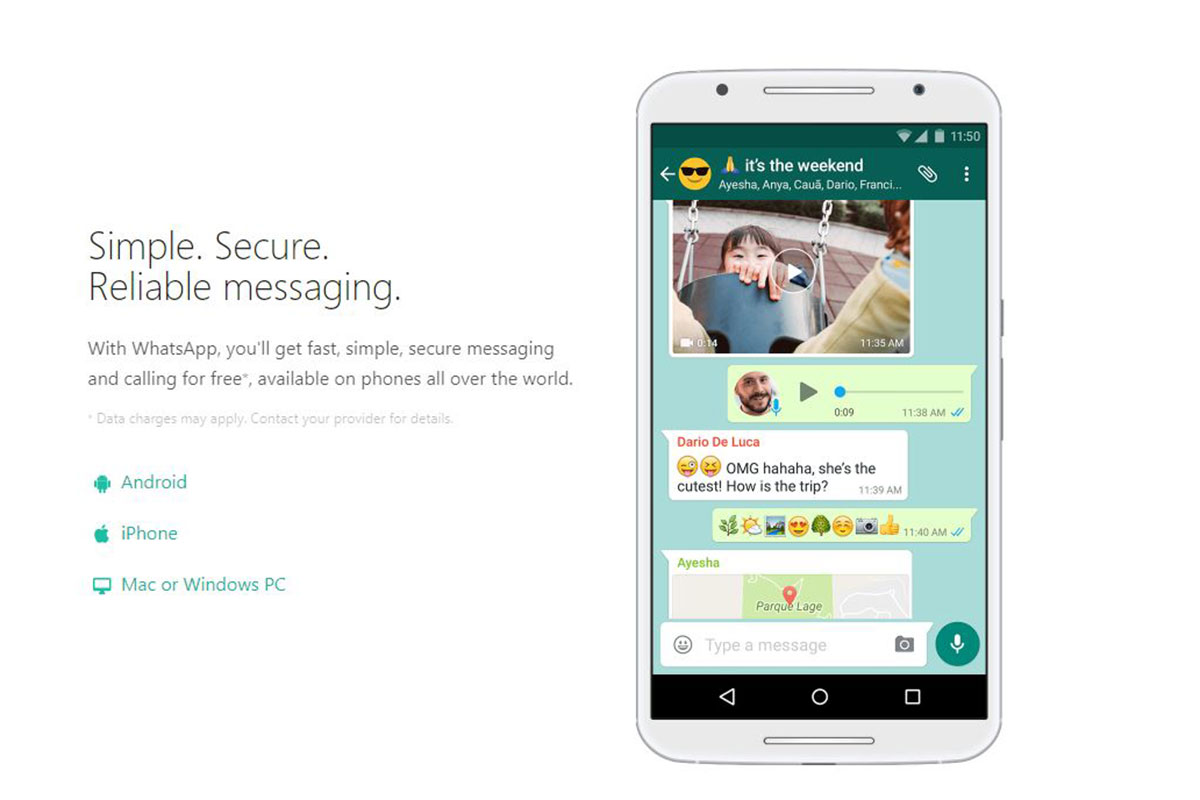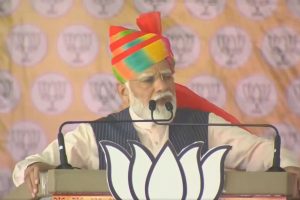Facebook-owned WhatsApp, the chat app on Tuesday announced to introduce a strict new limit on message forwarding in a bid to slow the dissemination of fake news.
This limit kicks in once a message has been previously forwarded five times or more, under the new curbs, they will only be able to send it on to a single chat at a time. That is one fifth the previous limit of five chats, imposed in 2019.
WhatsApp which has over 400 million users in India last year introduced users to the concept of messages that have been forwarded many times. These messages are labelled with double arrows to indicate they did not originate from close contact.
In effect, these messages are less personal compared to typical messages sent on WhatsApp.
“We are now introducing a limit so that these messages can only be forwarded to one chat at a time,” the company said in a statement.
The company said it bans two million accounts per month for attempting to send bulk or automated messages.
“We set limits on forwarded messages to constrain virality which led to a 25 per cent decrease in message forwards globally at the time,” informed WhatsApp.
In recent weeks, people have also used WhatsApp to organize public moments of support for frontline health workers.
“However, we’ve seen a significant increase in the amount of forwarding which users have told us can feel overwhelming and can contribute to the spread of misinformation,” WhatsApp noted, adding that it’s important to slow the spread of these messages down to keep WhatsApp a place for personal conversation.
WhatsApp is working with NGOs and governments, including the World Health Organization (WHO) and over 20 national health ministries, to help connect people with accurate information.











